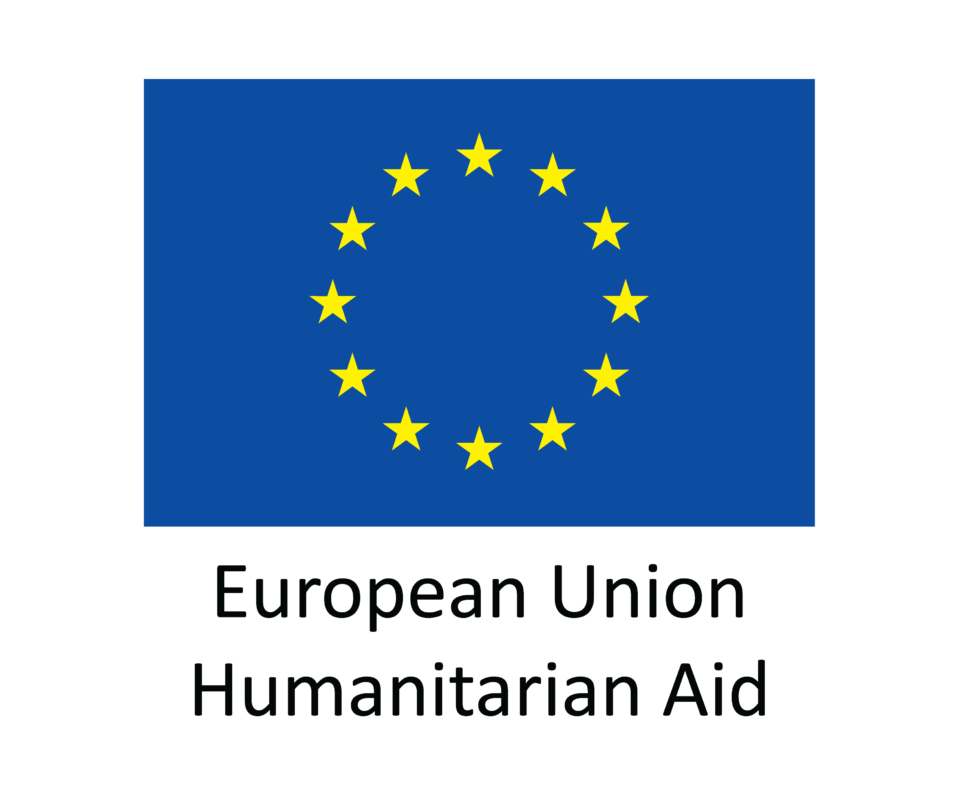 Stories
Stories
April 21, 2017 • 1 min read
Currently there are 2.2 million internally displaced persons in Darfur, and close to 1.5 million children suffering from acute malnutrition.

"GOAL Sudan is currently implementing a life-saving ECHO programme to support conflict-affected populations of North Darfur with primary healthcare, nutrition, and water supply interventions."
Since 2003, Darfur has witnessed unresolved conflict that has had a massive impact on local communities already affected by chronic poverty.
Currently there are 2.2 million internally displaced persons in Darfur, and close to 1.5 million children suffering from acute malnutrition.
Limited access to primary health care, safe drinking water, adequate food, health and nutrition education, and emergency nutritional responses has aggravated the situation to the point where rates of acute malnutrition and other health indicators are alarming.
With funding from the European Union’s Humanitarian Office (ECHO), among others, and in conjunction with Sudanese ministries of health and water, GOAL is implementing this life-saving programme.
With ECHO funding GOAL Sudan are supporting a catchment population in Kutum and Al waha localities in North Darfur of approximately 137,000 individuals.
The objective of this project is to contribute to reducing mortality and morbidity rates among the conflict-affected populations through improved access to quality health care and provision of water, hygiene and sanitation services.
A special emphasis is placed on maternal reproductive and child health, as children under five, and pregnant and lactating women are considered to be among the most vulnerable groups. The project is being implemented in rural and urban locations, as well as IDP camps.
Activities include the provision of curative care, reproductive healthcare, drugs and medical supplies, immunisation, construction of sanitation facilities, laboratory services, pre-positioning of emergency supply kits, training village midwives on early danger sign detection in pregnancy and timely referral, and community behaviour change activities to raise awareness on appropriate health and hygiene practices.
The project also seeks to build the capacity of the Ministry staff who are provided with formal training and on-the-job mentoring to ensure sustainability and local ownership of the services in the long run.
